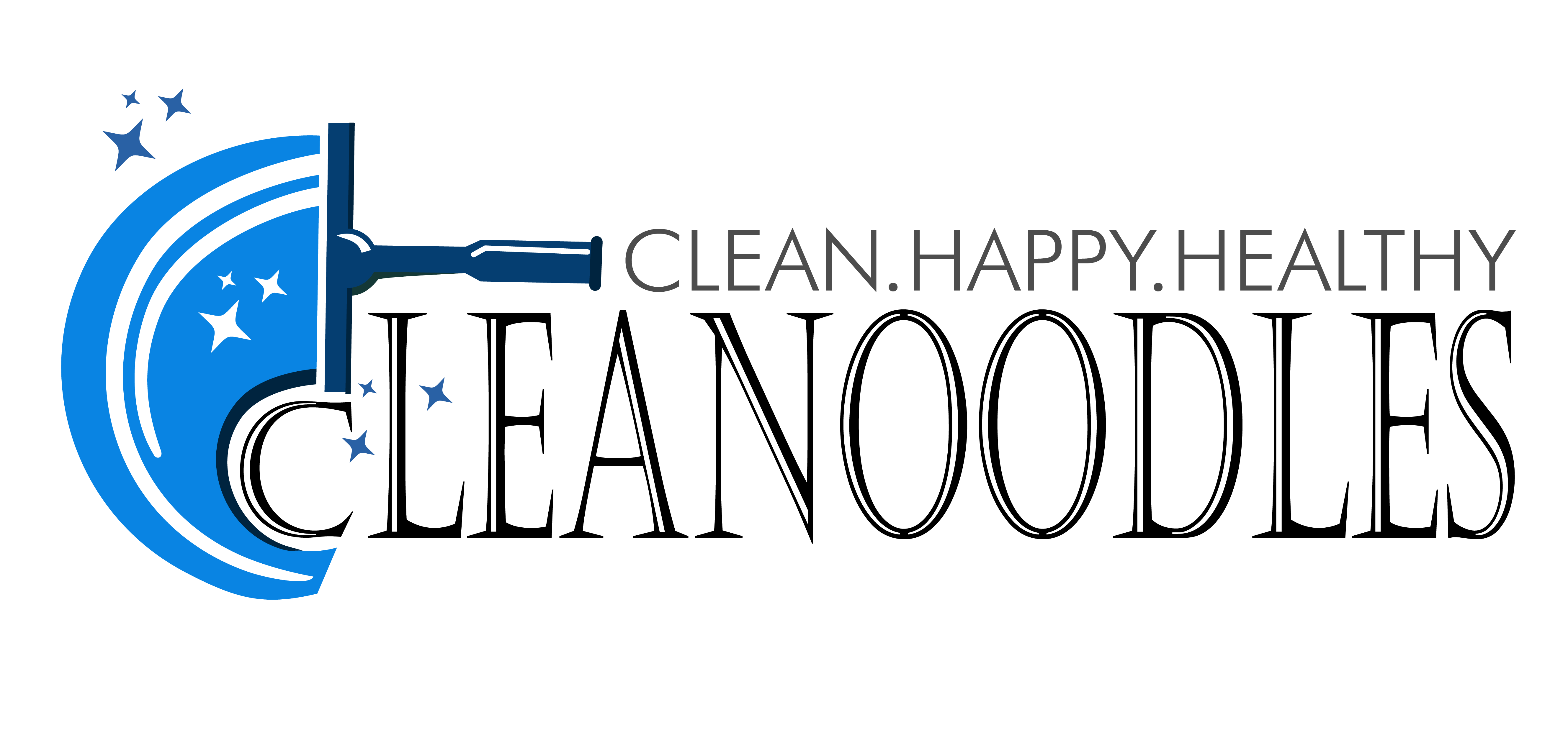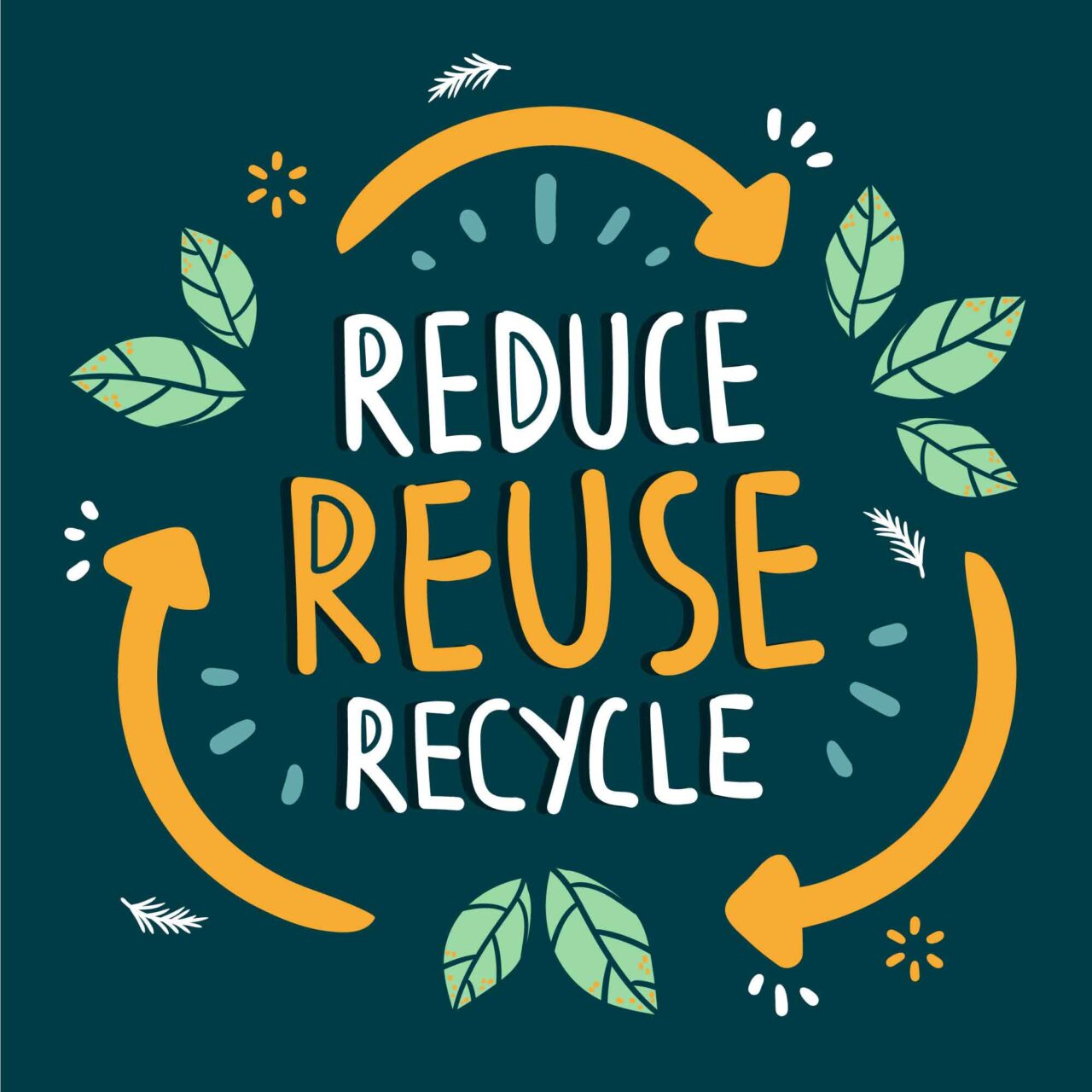Exploring the three Rs of waste management — Reduce, Reuse, Recycle
RECYCLING
To ensure minimal material ends up in landfills, we must contribute. This plan involves adhering to the waste management principles encapsulated in the 3 Rs: Reduce, Reuse, Recycle. Reducing involves cutting down on the amount of waste we produce. This marks the inaugural stride in the battle against environmental pollution, for it confronts the issue at its very origin. Presented below are a few uncomplicated methods to diminish wastage:
Here are some simple ways to reduce waste:
- Opt for a lunchbox instead of disposable paper or plastic bags. These bags contribute significantly to waste, with plastic bags taking hundreds of years to decompose. Consider using a durable lunchbox or a reusable lunch bag. Likewise, replace plastic baggies with reusable containers.
- Bring reusable bags when you go grocery shopping. Many stores offer canvas or durable plastic shopping bags that can be used repeatedly. Some even offer discounts at the checkout if you bring your bags.
- Say no to bottled water. Instead of purchasing bottled water, make use of a reusable water bottle.
- Be mindful of packaging when shopping. At the supermarket, pay attention to the packaging of products. Can the container be cleaned and repurposed? When faced with similar products, opt for the one with less packaging.
Learn to reuse
Reusing entails finding new purposes for items that would otherwise be discarded. There are numerous ways to repurpose items and reduce your waste footprint:
- Declutter your closet by giving away clothes you no longer need. If your clothing size has changed or your fashion preferences have evolved, consider donating these items to someone who can use them. Charitable organizations also accept clothing donations and provide a tax deduction.
- Share your unused toys with local daycare centers, preschools, or families with children. Donating toys to a charity is another option, as it ensures your unwanted items find a new home.
- Explore alternative uses for old items before throwing them away. For example, glass jars can be repurposed for craft storage, while old bath towels can be cut into washcloths. Plastic pop bottles can be transformed into bird feeders, and old magazines can be woven into baskets or trays. Replacing an old toothbrush? It can serve as a handy scrub brush for hard-to-reach areas.
- Host a garage sale to clear out items you no longer use. Furniture, exercise equipment, knick-knacks, blenders, and other items can find new owners through a garage sale, allowing you to declutter and earn some money. Any unsold items can be donated to a local charity, which may even offer pickup services.
Learn to recycle
Recycling is the final, and most widely practiced, component of the 3 Rs. Recycling involves transforming discarded materials into new products to reduce the need for fresh resources.
Items like corrugated cardboard, milk jug-style containers, newspapers and inserts, and tin and aluminum cans can all be placed in your recycling cart for collection by Rogue Disposal & Recycling. Here’s what happens to these materials:
- Corrugated cardboard is recycled into paper bags, paperboard (used for boxes like detergent, cereal, tissue, and shoes), new cardboard, and the wavy inner portion of corrugated cardboard.
- Plastic from milk jug-style containers is repurposed into plastic lumber for decking, buckets, Frisbees, storage bins, new plastic bottles, and even stadium seats.
- Newspaper is one of the easiest and most recycled materials. Yesterday’s news can be transformed into egg cartons, building insulation, paper plates, kitty litter, construction paper, phone books, sheetrock, and new newspapers.
- Tin and aluminum cans placed in the recycling cart are sent to a facility where they can be reprocessed into various new products. This practice keeps them out of landfills and extends their usefulness. Old cans may be turned into new cans or repurposed into items like bicycle frames or asphalt for roadways.
At Cleanoodle, we are dedicated to providing top-notch services to meet all your cleaning and maintenance needs. Whether you require efficient waste removal, professional cleaning services, or expert painting, our team is here to help. To learn more about our commitment to quality and customer satisfaction, visit our About Us page. For a detailed overview of all the services we offer, check out our Services page. If you have any questions or need assistance, don’t hesitate to reach out through our Contact Us page.
FAQs
1 What are the two best methods of waste management?
Recycling and composting stand as a pair of the foremost approaches to waste management. Currently, composting remains feasible primarily on a modest scale, either within the purview of private individuals or in regions where waste can be amalgamated with agricultural soil or employed for landscaping endeavors.
2 What are the principles of waste management?
Waste avoidance, reuse, recycling, recovery, and disposal are the fundamental tenets that underpin waste management practices.
3 What are the causes of waste management?
The primary and paramount catalyst for the discipline of waste management emanates from human agency. We, as a species, generate a surplus of waste that surpasses our capacity for efficient handling. Consequently, the absence of proficient waste management imperils both our well-being and the environment. Another pivotal factor in the realm of waste management pertains to the methodologies employed in waste collection.
4 What are the sources of waste?
Origins of Waste
- Industrial Waste: These encompass the byproducts generated within factories and industrial facilities.
- Commercial Waste: Commercial refuse is derived from educational institutions, retail outlets, and office spaces.
- Domestic Waste: This category pertains to waste originating from households.
- Agricultural Waste: Waste materials arising from agricultural practices constitute this classification.


